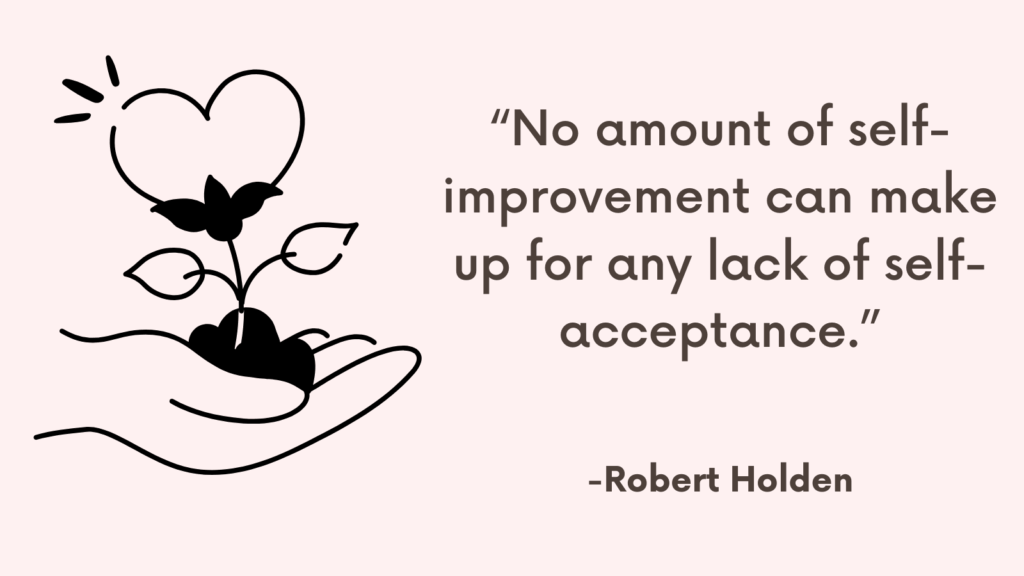Today, you’re going to learn best 9 stuttering exercises for adults to stop stammering permanently.
There might not be a magic pill that can cure stuttering.
But this doesn’t mean that you have to live the rest of your verbal life in struggling.
Stuttering vs stammering – what’s the difference?
There is no difference. Stuttering and stammering are the same condition, and they have the same symptoms.
“Stammer” is a British term, whereas “stutter” is a North American term.
However, many people claim that stuttering is the repetition of letters, whereas stammering is the blocking and prolongations.
Best 9 Stuttering Exercises For Adults to Stop Stammering Permanently
The first thing you need to do is to commit to change the way you presently talk.
Don’t obsessess about the idea that someday your speech blocks will magically disappear.
So how to free your tangled tongue?
#1. Take A Closer Look At Your Stuttering Pattern
Stuttering is a series of activities that you do. It is the way you talk for now. To change, you need to become aware of the way you do it.
What do you do when you stutter?
What triggers those sticky blocks or runaway repetitions?
How do you release a block? Do you use an extra surge of energy, a sudden jerk of your head?
Observe closely what you do when you stutter.
Use a mirror, a video tape, or even your finger tips to search for areas of tension.
Related: Best 25 Journal Prompts For Self Love And Confidence Building
#2. Change Your Stuttering Pattern
Once you have a good idea of what you do when you stutter, consciously and deliberately attempt to change your stuttering pattern.
Try to add (for example, exaggerate the jerking of your head), vary (rather than jerking your head to the left, jerk it to the right).
Follow this same plan to change the other aspects of your stuttering pattern, such as lip tensing, eye blink, etc.
Then stutter without that one mannerism.
Start alone as to make the situation easier then gradually increase the difficulty (expose yourself to social situations).
The goal is to break up the habit pattern that you have built up over the years.
#3. Stutter More Easily And Openly
Much of the agony of stuttering comes from tensing and holding back.
After becoming familiar with the various elements comprising your stuttering pattern and becoming able to alter them, try to stutter better, with a minimum of tension and hurry.
Prolongation Technique
Prolongation helps you develop control of your stuttering.
This technique involves starting the first sound of the word with a very light contact with your articulators (no tight lips, teeth, jaw or vocal cords) and prolonging that first sound.
Then say the rest of the word at a normal rate.
Prolongation is a skill which will need a lot of practice. Start by reading aloud to yourself and then to another person or on the telephone.
In-Block Correction
When you are “stuck in a block,” gain voluntary control during that block by intentionally releasing the tense structures (tight lips, teeth, jaw or vocal cords).
Try changing the tenseness to light contact and moving forward through the rest of the word. Get the feel of coming out of these hard fixations.
Related: How To Be Gentle With Yourself? Top 5 Ways To Practice Self-Compassion
#4. Stutter On Purpose
This might sound stranger, but stuttering on purpose helps you reduce the fear.
When you stutter on purpose, you hold back less; and the less you hold back, the less you stutter.
#5. Eliminate Avoidance
In an attempt to escape stuttering, people tend to avoid situations, certain words, or other elements that might trigger their stuttering.
While this avoidance may keep you safe, this safety comes at a cost.
Fear constitutes a major portion of every stutterer’s problems.
Avoidance reinforces your fear of stuttering and can make it even worse.
Reduce or eliminate the avoidance behavior you use, whether it was substituting one word for another, using a sound or some trick to get speech started, postponing or even giving up an attempt at talking, etc.
Make a list of all your avoidances and make a conscious effort not to avoid them.
Related: Overcome Social Anxiety: How to Defeat Social Anxiety and Create Confidence?
#6. Challenge Yourself
Peoples’ reactions to you and your interpretations of their reactions can have a significant impact on your speech.
Start talking to all kinds of people in all kinds of situations. Set up daily quotas and challenges for yourself.
Doing this will help you demonstrate to yourself that you can get the message across, despite stuttering.
To make easier, reach out to supportive people or let people know that you stutter. This will create a “stutter friendly” environment.
Knowing that you don’t have to worry so much about hiding your stuttering will help you feel more at ease.
Honesty is always the best policy.
Related: Top 18 Self Esteem Exercises (+FREE CBT For Self-Esteem Worksheets PDF)
#7. Maintain Eye Contact
Good eye contact helps you become more effective speakers, but it can also give your listeners a better impression of you and your feelings toward your stuttering.
Avoiding eye contact shows feelings of embarrassment and negative reactions to your own stuttering.
Start practicing maintaining eye with yourself in front of a mirror while making phone calls, for example.
After becoming comfortable enough doing the mirror sessions, transfer the eye contact to all speaking situations.
#8. Help Other People Understand
You shouldn’t expect someone who has never had stuttering problem to know what to do about it when he sees and hears it in another person.
It is your job to help normal speakers to understand that what they are doing to stutterers is well-meaning, but wrong.
When your listener looks away from you, he does this because he thinks that you want him to look away.
Ask him not to do it.
Ask him to react to you as though you are a normal person with an interesting kind of speech difference.
If the listener laughs out of embarrassment, remind yourself that the embarrassment is the listener’s, not yours.
Don’t borrow trouble.
Nothing like understanding can help other people accept your difference.
#9. Lifestyle Changes
1. Practice Self-Care – taking care of yourself and doing the things you love can help reduce stress and anxiety in your life and help reduce you stuttering.
Related: Take Care of Yourself: (26 Simple Self-Care Practices for a Healthy Mind, Body & Soul)
2. Improve Your Outward Appearance – Develop a friendly smile and an open body language, perhaps even make some changes in hair style and dress to help increase your confidence.
3. Develop An Active Social Life – Meet new people and join groups such as Toastmasters or Toastmixers or take a public speaking class to help you maintain control of your stuttering
4. Take Charge Of Your Life – Don’t blame others or act as a victim. Recognize that you are a stutterer and that it is your problem.
Related: Top 10 Ways To Stop Wallowing In Self Pity
Stuttering FREE Resources
Information
- The Stuttering Foundation: Provides free online resources, services and support to those who stutter and their families, as well as support for research into the causes of stuttering.
- American Speech-Language-Hearing Association ASHA: Provides news and resources for audiologists, speech-language pathologists, and the public.
- National Stuttering Association: Provides support, education, advocacy, and research to children and adults who stutter, their families, and professionals.
Printables
TED Talks
- Ruban Pillai: The Invisible Challenges of Stuttering | TED
- LeRon Barton: How I Overcame My Fear of Stuttering | TED Talk
- How Childhood Stuttering Led Me to a Place of Resilience – TED
- Walter Scott: Life with a stammer | TED Talk
- Joze Piranian: Everyone stutters, I only stutter when I speak
- Stuttering Professor: A Case for Scrappy Teachers | TED Talk
Podcasts
1. StutterTalk, a weekly podcast hosted by Peter Reitzes, Reuben Schuff, Britni Bicknaver, Barry Yeoman and The “B” Team.
2. Stuttering is Cool, hosted by Daniele Rossi a digital media creator, cartoonist and a person who stutters from Toronto, ON.
LISTEN: iTunes, Soundcloud, CastRoller
3. Women Who Stutter Podcast – Make Room For the Stuttering, hosted by Pamela Mertz, an outreach specialist/recruiter, blogger and a person who stutters from Albany, NY.
Conclusion
Mastering your own speech, takes time – it cannot be accomplished overnight.
Learn to understand and cope with the fears that surround your speech.
Don’t make the mistake of trying to compete with others.
Rather, compete with yourself— from word to word and from speaking situation to speaking situation.

References
- Study finds that adults who stutter don’t stutter when they’re alone (nyu.edu)
- Stuttering – Symptoms and causes – Mayo Clinic
- Stuttering Foundation: A Nonprofit Organization Helping Those Who Stutter (stutteringhelp.org)
- Stuttering (asha.org)
- What Is Stuttering? Diagnosis & Treatment | NIDCD (nih.gov)



